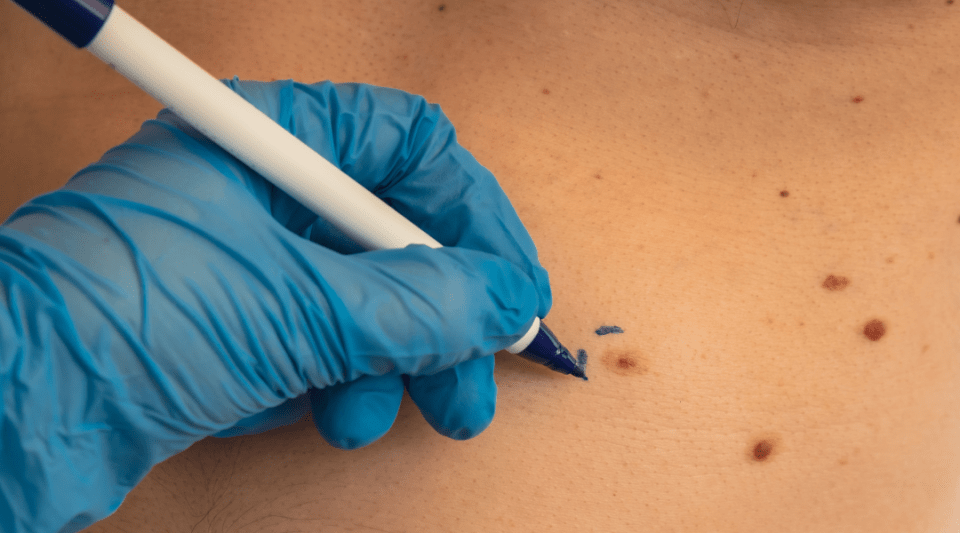Itching is an annoying sensation that everyone feels throughout their lives; whether due to an insect bite, sunburn, dry skin or even hives or dermatitis. It is felt on the skin as an uncomfortable tingling or irritation which triggers a desire to scratch.
There are diseases, such as atopic dermatitis or chronic urticaria, which cause this sensation day and night to patients having these conditions, greatly affecting their quality of life. In many cases, this itching symptom is difficult to control.
But why do we get this itchy sensation? In the aforementioned diseases, there is inflammation of the deepest layers of the skin. This initiates an inflammatory cascade that causes immune system cells such as lymphocytes, macrophages and monocytes to release interleukins (IL), which are proteins that regulate the immune response, among others.
IL-31 is one of the interleukins released with itching and causes a need to scratch; thus entering a spiral of more itching which, in turn, causes more scratching. This sensation is described by many patients.
In fact, interestingly, the skin and the nervous system are formed from the same embryonic layer, the ectoderm. So there is a very close relationship between these two systems.
Nerve cells or neurons that respond to IL-31 can trigger the urge to scratch, but they are also capable of preventing them from overreacting, leading to self-control. Discoveries like these may help treat itching, as well as other immune-based diseases.
There are now, in fact, new lines of research aimed at resolving where to direct drugs to block these ILs to control this annoying symptom.
How to control itching
The relationship between the skin and the nervous system is very curious and often bidirectional. It can also often modulate people's emotional state. Stress, a lack of sleep due to itching or irritability are conditions that negatively affect the skin and feed into each other. Thus, if patients are told not to scratch, they may become more nervous and feel more itchy. This will make them scratch more.
One good option to control itching is to apply cold. The skin does not know how to transmit two sensations at the same time, so, by applying cold, itching decreases. Therefore, it is a good idea to leave moisturising creams in the fridge or apply creams in spray format, to try to achieve this cooling effect. The main recommendation is always to consult and visit a specialist to try to find the origin of the itching and be given the most appropriate treatment for it.
Information documented by:
Dr. Paula Ribó, allergist at the Allergology Service, Hospital Clinic Barcelona.






